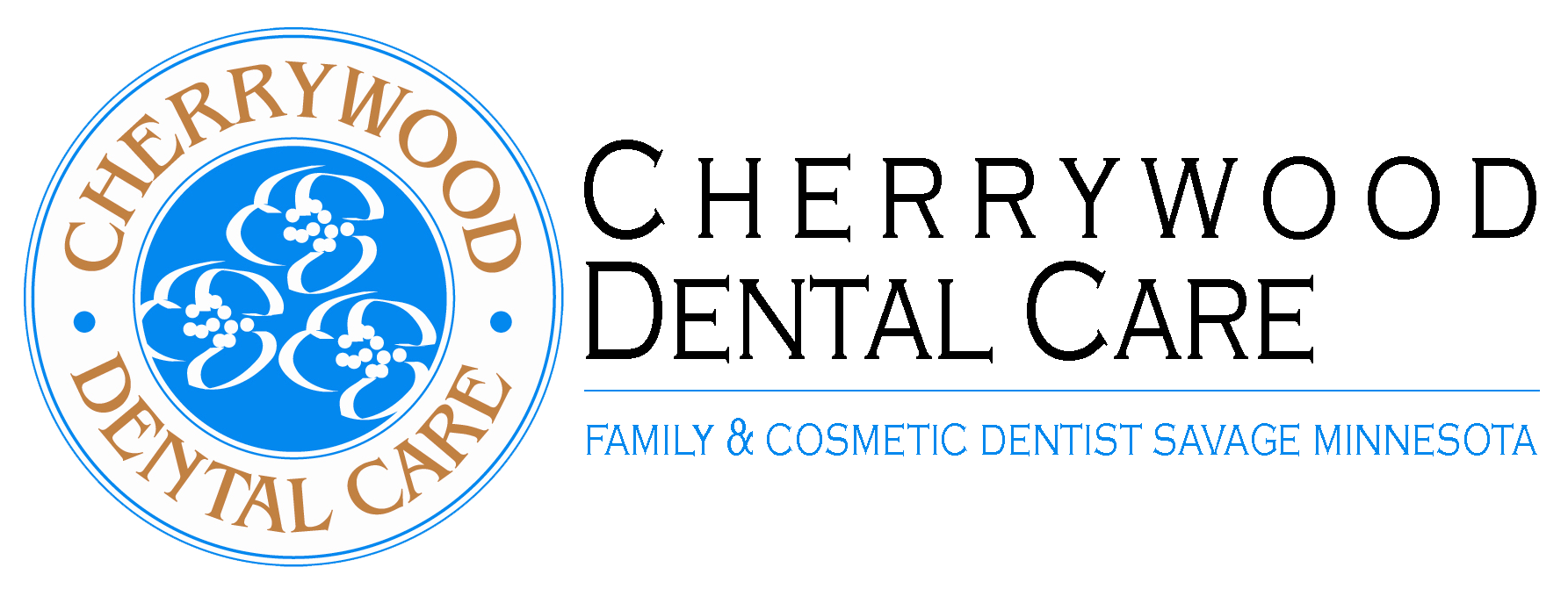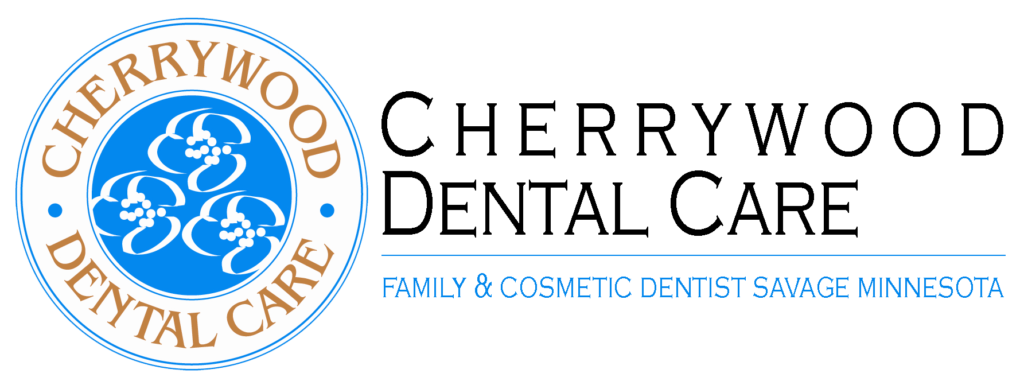Risks of Scale & Root Planing
Treatment Overview
If your dentist has suggested dental scaling and root planing as a way to treat your gum disease before your teeth suffer and your gum tissue is beyond repair, your dentist has suggested one of the most proven effective treatments. Your dentist will scrape the surface of your teeth below the gumline to remove plaque and bacteria. Your dentist will either use a manual metal tool, an ultrasonic instrument, or a combination of the two.
To ensure you are comfortable during the procedure, your dentist may use a local anesthetic to numb your gums and the roots of your teeth. The metal tools may cause the procedure to last longer, but the vibration from the ultrasonic tool may cause more discomfort. The ultrasonic tool also has a stream of water while it vibrates to keep the tip cool and to rinse the scraped debris away.
Depending on the extent of your gum disease and necessary treatment, your dentist may even leave antibiotic fibers between your teeth and gums in the pockets. The fibers will allow the antibiotic to encourage healing and prevent infection. After a week, the dentist will remove the fiber and check on your progress.
What to Expect
If you and your dentist decided that a numbing agent was necessary to help you during the procedure, you may find that your lips and gums are still numb for a few hours after your planing and scaling. The cleaner teeth and healthier gums that your dentist has left behind do not come at a painful cost. Most of the cleaning is done to the surface of the tooth, where your teeth are not sensitive to scraping.
Risks
When removing the bacteria from the surface of your teeth and roots, the bacteria could be introduced to your bloodstream. Anytime a doctor is trying to remove bacteria from your body, there is a risk that the bacteria could spread before it is eradicated. The bacteria in the plaque and on the teeth could spread to the gum tissue. If you have a compromised immune system or typically heal slowly, your dentist may want to prescribe you a course of antibiotics after the procedure. It may be particularly important for you to take antibiotics after a dental scaling and root planing if you suffer from endocarditis, an impaired immune system, recent major surgeries or man-made body parts. Infections are dangerous and can be even more important to try and prevent if any of those are issues for you.
What To Think About
Even though brushing and flossing did not prevent you from having to have a root planing and dental scaling, they are important to practice twice a day everyday at home to prevent further gum disease.
Tobacco and nicotine are not encouraged after the procedure. Not only does it reduce the risk of your fighting infection, but it can slow the healing of the gums to a healthier condition.
If your dentist has diagnosed you with gum disease, the greatest risk of dental scaling and root planing is not having the procedure. You run the risk of losing a tooth or allowing your gum tissue to become damaged beyond repair.
More on Deep Teeth Cleaning : Scale & Root Planing What is It

